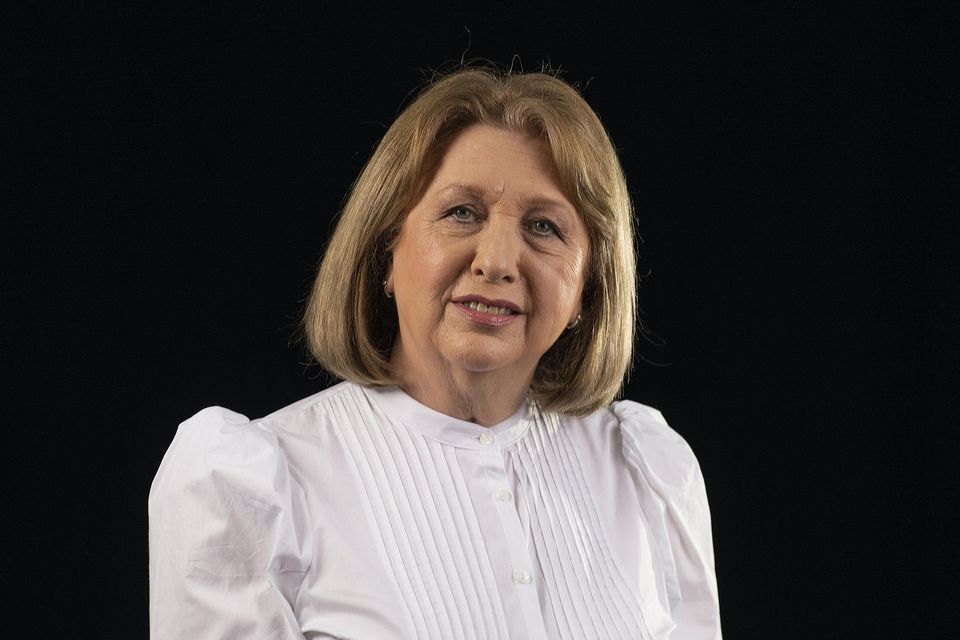
Former president Mary McAleese has criticised the report published after the Synod of Bishops in the Vatican, saying many Catholic faithful are “disappointed and wounded”.
The retired professor of law is one of a number of academics and campaigners who have written to the Vatican criticising Catholic bishops for “not listening”, accusing them of a failure to “let go of their privileges” and urging them to bring laity into the decision-making process.
Prof McAleese and the letter’s co-signatories say the synod synthesis – which was published at the end of last month after discussions between Pope Francis, cardinals, bishops, priests and some representatives of the laity – shows that no significant concessions were won by prophetic voices in the church from “the powerful and wealthy forces of conservatism”.
The former head of state, who specialised in canon law, says the Synthesis Report of the General Assembly of the Synod of Bishops provides “a lucid insight into the thinking of our current bishops”.
The letter warns that claiming that “this flawed process validates the bishops’ conservative conclusions” is “unhelpful”.
This was the first synod in the church’s history involving women, with 54 taking part as voting members. The move is part of Pope Francis’s effort to renew global Catholicism.
The 42-page synthesis published on October 29 covers 20 topics and contains 80 proposals approved by the synod participants. It calls for synodality, or collaboration, throughout the church’s governance, theology and mission.
But it made no definitive recommendations on issues such as women’s ordination or same-sex blessings and this has disappointed liberal Catholics.
In their letter, the critics say the synthesis of the deliberations is “not the first document of a new synodal age”.
They say that instead it “will disappoint and wound the many faithful, from all quarters of the Catholic world, who had called in their submissions for progress” on issues such as women’s ordination, teaching on LGBTQ+ issues, celibate priesthood, reproductive rights or measures to end the many forms of clerical abuse.
The letter says it is clear the bishops are not yet ready to let go either “of clericalism or of control” and notes that during the assembly, Pope Francis denounced the “scourge” and the “scandal” of clericalism in the church, which, he said inflicts “scorn, mistreatment and marginalisation” on the laity.
Prof McAleese, who is chancellor of Trinity College Dublin, and those who signed the letter, say the Synthesis Report shows that progress in the church does not lie with “these men”. Rather it lies with the “faithful people of God” and the priests ready to join in faithful partnership with the laity on a common path to renewal.
While the synthesis claims that all Christians should be listened to carefully, the experience of many millions of faithful parishioners throughout the world has been that, in the months leading up to this assembly, “their bishops did not listen to them carefully. Indeed, many did not listen to them at all,” the letter says.
